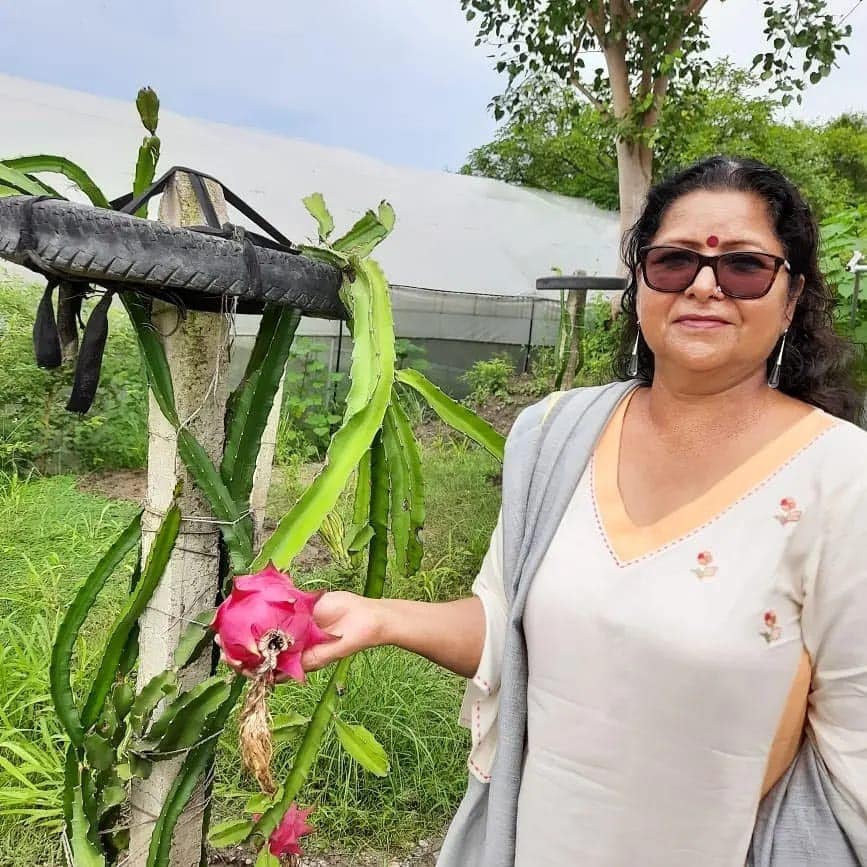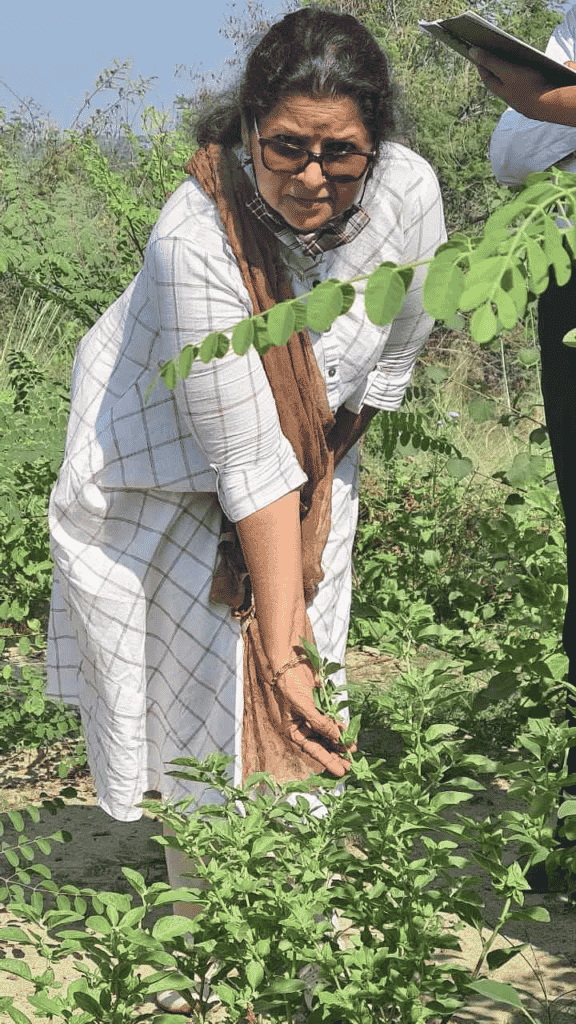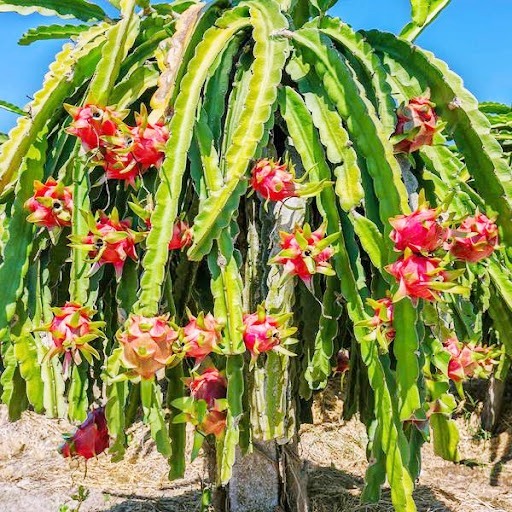Himachal Pradesh, where farming is the primary source of income for around 70% of the population, has recently adopted the practice of organic farming, thanks to the initiatives of some environmentally-conscious people. Organic farming differs from traditional farming practice as it uses ecologically based pest controls, biological fertilizers procured from animal and plant wastes, and nitrogen-fixing cover crops.

Reeva Sood, a Himachali residing in Delhi, is a social activist who has been heading an NGO for nearly 32 years and overseeing projects nationwide for women empowerment.
Reeva’s journey from NGO to Himachal’s farms
One fateful day, Reeva’s husband, Dr Rajeev Sood, a doctor at RML Hospital, was diagnosed with cancer and the couple had a rude awakening. This incident compelled them to think about the repercussions of consuming food that is full of toxins and chemicals. They realized that vegetables loaded with toxins, harbingers for deadly diseases, could have led to Rajeev’s deteriorating health.
Soon, the couple decided to do something for the land of their birth. She ventured into organic farming by acquiring land in Una and Kangra and getting the soil inspected before she starting growing the crops.
The farm revival project in Una

The farm in Himachal’s Behar Jaswan village in Una had been barren and infertile for almost fifty years when Reeva started her project. Reeva started growing Shatavari (asparagus), sarpagandha (snakeroot), ashwagandha (Indian ginseng), tulsi (holy basil), stevia, harsingaar (night jasmine), aloe vera, vetiver grass, lemongrass, and other plants over the course of several years. In 2019, it was nearly unrecognizable compared to its previous condition. The land is now home to seventeen types of crops. Next, she introduced two crops that weren’t conventionally grown — black wheat and dragon fruit. Black wheat is a substitute for regular wheat and is considered a superfood.
Meanwhile, she also supplied saplings of medicinal crops to the Government Institute of Indian System of Medicine and Research, Jogindernagar. It took more than six years for the couple to cultivate the desolate land. However, Reeva’s organic farm grew over time, and a team of 10 farmers joined her.
Reeva faced a tough time getting farmers on board for organic farming since they had been growing crops using chemicals for many years. The concept of organic farming was new for them, but they joined in great numbers as they saw the output of such a method. The farmers live and work on the farm full-time, which allows her to navigate between Delhi and Himachal Pradesh more easily.

Establishing Him2Hum
As farming began to gain momentum, Reeva desired to commercialise the enterprise and involve women in its core operations. Thus, in 2016, she founded Him2Hum, a corporation where hundreds of women take the lead on crucial agricultural duties to promote equality and ensure financial independence for women.
The venture’s purpose was straightforward – to teach village women how to cultivate, grow, produce, process, harvest, and trade agricultural and medicinal herbs. Additionally, the business is responsible for importing, exporting, marketing, and distributing these goods. Currently, 230 women are a part of Him2Hum.
The fruit of hard labour

Today, Una is home to lush green farms with various crops growing on these lands and women in this area are developing. Reeva has lobbied for tehsils to require women to have their names in the Kissan Book and have singing authority.
Him2Hum is supported by the National Level Bank for Farmers, Rural Development Programs, and NABARD is attracting a multitude of clientele, including both public and commercial entities, as villagers learn how to adapt to modern agricultural practice. The farm produces are bought by government authorities such as Panchayat Behar Jaswa, Amb, Una H P C/O DRDA MGNREGA, pharmaceutical companies like Swati Spentose, and Ketavs Ayush Health Care Products, & Biosphere Clinical, to name a few.

